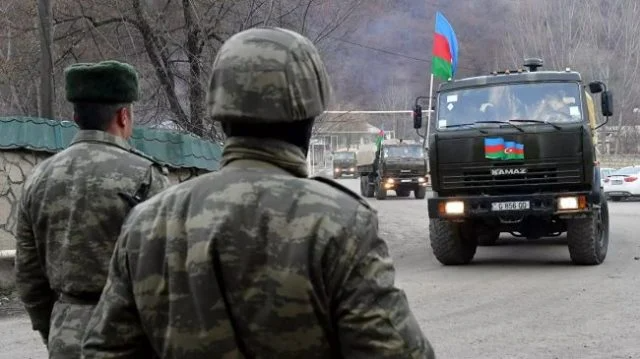When the authorities were telling us, “Do not spread panic, only follow official news” between September 27th and November 9th, that is what we did. During that time period, they spread as many lies as possible, and we repeated those lies to avoid harming our troops. Taking all of that into consideration, similar requests seem strange after the ceasefire. It creates the impression that the authorities do not want to uncover the entire tragic truth.
Fine, let’s try to only follow official news. There cannot be anything more official than the Prime Minister’s speech at the Security Council session. “The next issue we need to decide on in the near future is the situation in the Kubatlu and Zangelan regions,” he said. That most likely means that the Azerbaijani forces must at least come forward until the border that was considered to be the border between the Armenian SSR and the Azerbaijani SSR (which, by the way, was not a state border and it had no international status), or the border that is outlined by GPS or Google. The government needs to be clear about what this means for the Goris-Kapan route and the residents of the Vayots Dzor and Syunik provinces. In addition, it must take into consideration the fact that Aliyev does not consider Zangezur to be part of the Republic of Armenia according to his speeches.
The authorities of Artsakh (if they exist) also need to be clear about what the residents of the Mets Shen and Hin Shen villages of the Shushi region need to do. But they need to tell the truth, and they need to avoid lying as they did when they said that Berdzor would remain an Armenian city. That is not a lie that can remain covered up for long. They trusted WarGonzo very much throughout the war. In that case, is the news shared by the WarGonzo Telegram channel that a Bayraktar was noticed flying above Stepanakert true?
And we should not put all of our faith in the Russian peacekeepers. Even if they carry out their service ideally, the Azerbaijani side will always have an advantage over the very poor (or lack thereof) work by the authorities of the two Armenian states.
Read also
Aram Abrahamyan


















































